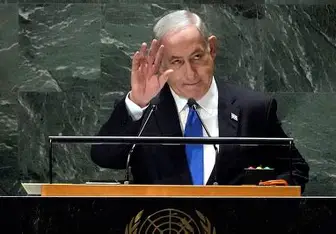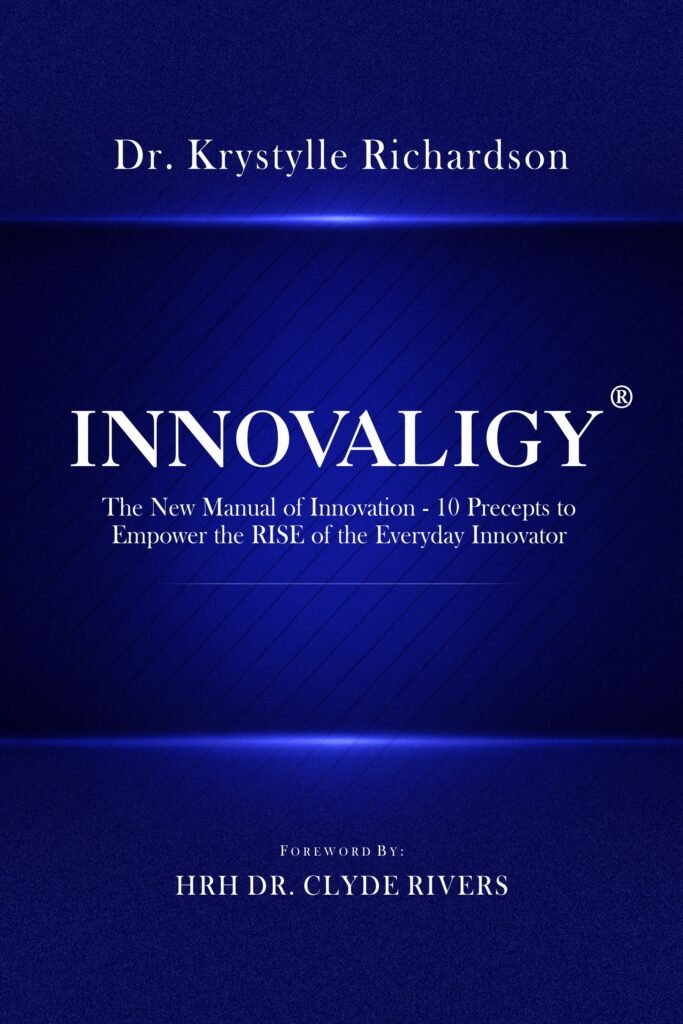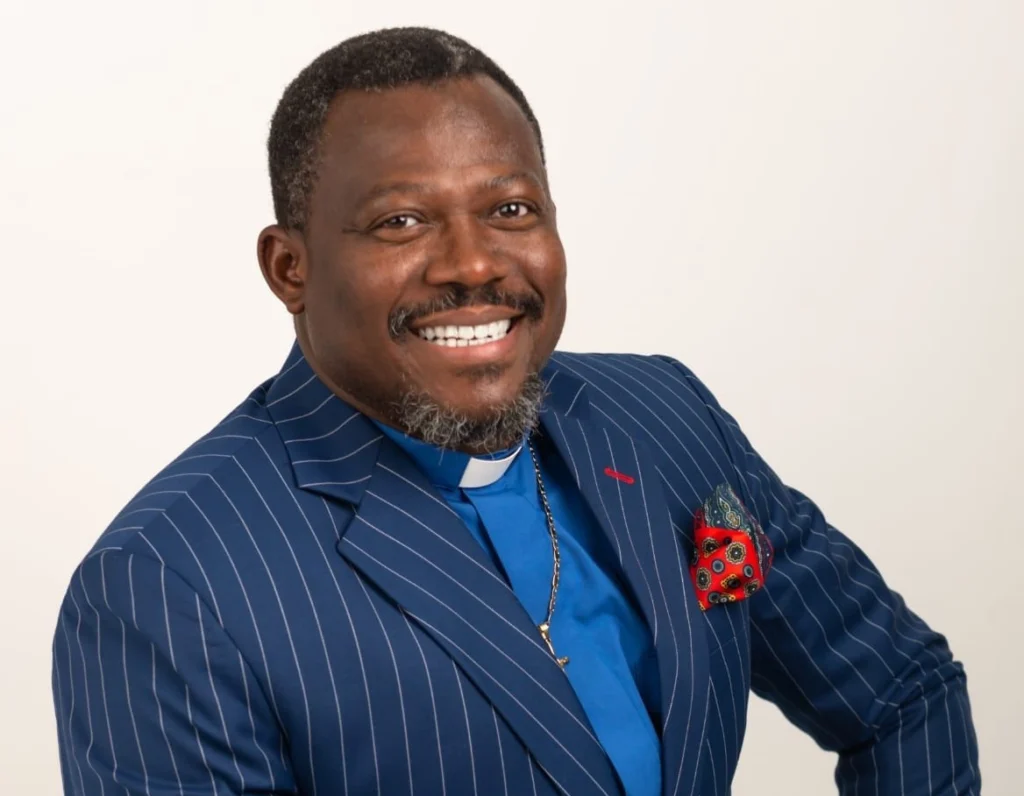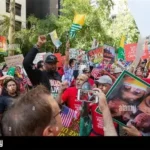Prime Minister Benjamin Netanyahu Addresses the United Nation’s General Assembly

Netanyahu Opens UN Speech with Warning on Iran’s “Terror Axis”
Israeli Prime Minister Benjamin Netanyahu addressed the United Nations General Assembly in New York, warning that Iran’s growing influence and terror networks posed an existential threat not only to Israel but to global stability. He described a regional “terror axis” stretching from Gaza to Lebanon, Syria, Iraq, and Yemen, accusing Tehran of directing a campaign designed to destabilize the Middle East and threaten the United States.
Netanyahu Hails Operation Rising Lion Against Iran
Netanyahu recounted what he called a decisive Israeli victory in a twelve-day conflict with Iran, dubbed Operation Rising Lion. He claimed Israeli and U.S. forces successfully crippled Tehran’s nuclear program and ballistic missile capabilities, eliminating key commanders and scientists. “We removed an existential threat to Israel and a mortal threat to the civilized world,” Netanyahu said, thanking former U.S. President Donald Trump for his role in the strikes.
Call to Finish Hamas and Free Hostages
Turning to Gaza, Netanyahu vowed to eradicate Hamas completely, citing the October 7 massacre as justification for continuing the war. He described the atrocities in detail and read out the names of hostages still held captive, announcing that he had transmitted a message directly into Gaza through loudspeakers and cell networks urging their release. “Free the hostages now. If you do, you will live. If you don’t, Israel will hunt you down,” he declared.
The prime minister argued that Hamas deliberately prolongs civilian suffering and accused it of using Gazans as human shields, while portraying Israel as taking unprecedented steps to minimize casualties. He dismissed accusations of genocide as “a blood libel,” insisting Israel had facilitated the entry of millions of tons of humanitarian aid.
Netanyahu sharply criticized Western governments , including the UK, France, Australia, and Canada , for recognizing a Palestinian state, saying such recognition rewarded terrorism. He argued that Palestinians have historically rejected peace proposals and used territory to attack Israel rather than coexist.
He emphasized that opposition to a Palestinian state was not just his government’s policy but the consensus of the Israeli public, noting that over 90% of Knesset members had voted against it.
Netanyahu Defends Israel’s War Strategy, Rejects Palestinian Statehood
Netanyahu shifted focus to regional diplomacy, suggesting Israel’s victories had opened paths to potential peace deals with Syria and Lebanon. He pointed to the Abraham Accords as a model for expanded normalization with Arab and Muslim nations, citing Indonesia’s remarks as a hopeful sign.
The prime minister predicted that the Middle East could transform dramatically if radical actors were defeated, envisioning eventual peace with Iran once “the long-suffering Iranian people” regain freedom.
In the latter part of his speech, Netanyahu highlighted Israel’s role as a global intelligence partner, claiming Israeli services have saved countless lives in Western capitals. He accused critics of appeasing radical Islamists and warned that abandoning Israel would only embolden jihadist movements worldwide.
Addressing accusations of civilian suffering in Gaza, Netanyahu cited studies by military experts suggesting Israel’s civilian-to-combatant casualty ratio was among the lowest in history for urban warfare. He insisted that Hamas’s embedding in civilian areas created unavoidable risks and maintained Israel had warned civilians extensively before operations.
Netanyahu condemned rising global antisemitism, linking it to misinformation about Israel’s war. He cited recent attacks on Jews in the United States and Europe, urging governments to combat antisemitism with the same resolve as Washington under Trump.
Closing his address, Netanyahu invoked Jewish history and resilience, portraying Israel as a nation that has survived centuries of persecution and now stands strong. “On October 7, the enemies of Israel tried to extinguish that light. Two years later, the resolve of Israel burns brighter than ever,” he said.










